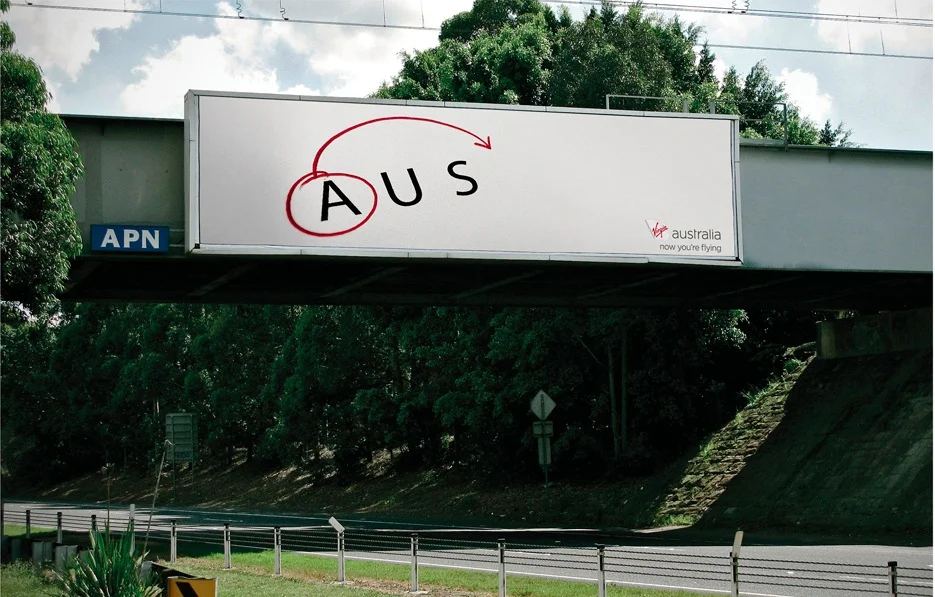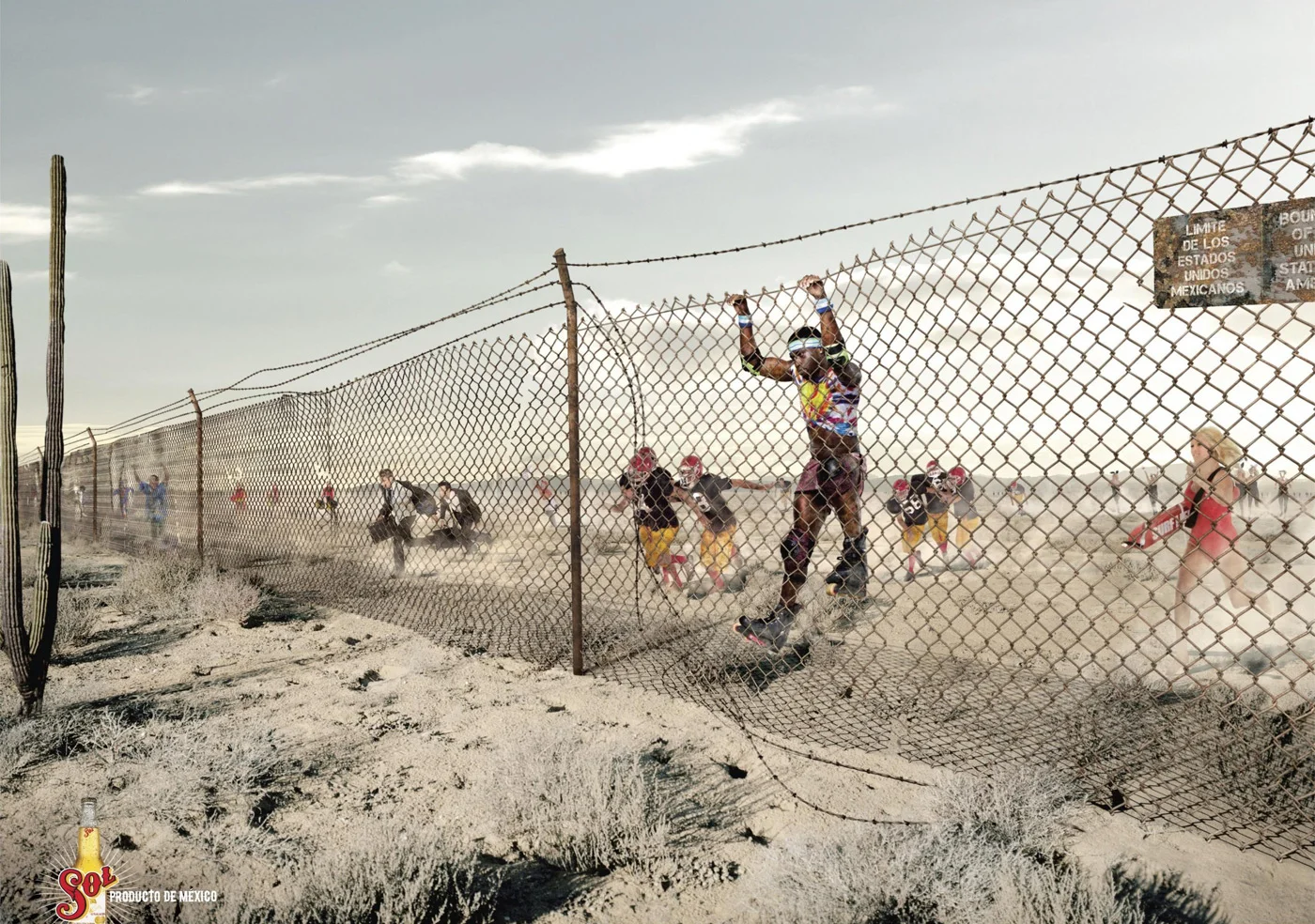//COMPETITIVE HOTEL MARKETING TIPS
Find your differentiating competitive advantage with ad-man Luke Chess
2min read
Over the past two decades Luke Chess is one of the most talented and well-known names in Australian advertising. He’s well revered for his level of creative insight and understanding on how to build and promote brands big, and small.
Luke has also won every international creative award under the sun and is now creative partner at Mammal Advertising in Sydney, Australia. We spoke to Luke and asked him how he thinks a hotel should use their differentiating competitive advantage and how they should use it to stand out and connect with their guests.
He told us: “I find many clients (in any industry really) seek to be the best, but that is a judgement that customers make only after they’ve first noticed you.
“People notice things that are unexpected or different. So being different in some tangible, relevant and interesting way is the first step. This might be in the product offering, where you reach your customers, who you’re trying to reach, in what you say, or in how you say it.
Luke’s award winning work for Virgin Australia airlines.
“When we begin work with a client, we try to understand their particular customers’ experiences – in life in general, in their experiences with the industry our brand is in, and with our brand itself.
“If time is tight, this will be a one-day desktop thought-experiment. If time and budget permit, it can be a deep-dive, intensive research process, even including things like mystery shoppers (experiencing the product as a customer yourself), surveys, interviews and more.
Luke’s work at Mammal for the National Parks
“Once you understand that experience and journey, you get a sense of pain points and opportunities. For a roadside motel, signage might be crucial to getting noticed. Whereas for a niche ski lodge it might be a smart word-of-mouth or social media recommendation campaign.
“Can you make your product different – say by charging differently, having different check-in times or processes, or offering more or less features than the norm? Can you talk to your customers in a different place than your competition – when they’re about to go to sleep at night (on their phone, say), while they’re eating, on the loo? Do you need to talk to everyone, or just business travellers? Or their spouses left at home? Or the kids of families?
Luke’s work for Sol.
Luke’s work for Tooheys Old
“Do you really need to reassure people that you’ve got a comfy bed, or would it be more interesting to talk about the temperature of the mini bar? Or the pool? Or the depth of the plush in the carpet? And how do you talk with your customers – is it a formal tone, or friendly, or downright colloquial?
“There are certain websites, travel guides and publications that you’ll feel you absolutely HAVE to be in – and in those your difference may be more about how you present yourself or the tone you use. But don’t ignore the opportunity to get your customers’ attention at less expected times – because if they notice you then, they’ll be more likely to notice your ad in the local travel guide as well.”
Luke’s work at Mammal for Lego - a series of seven videos produced for their Christmas campaign for the Australasian market.
Luke’s work at Mammal for Petbarn



